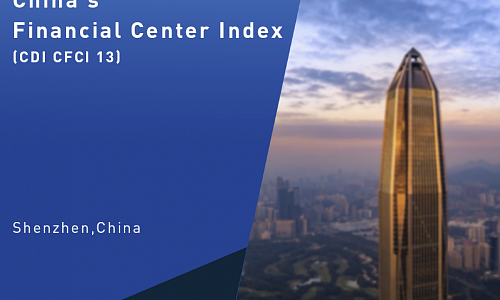Beijing must not launch retaliatory attacks against American firms or US business operations in China, despite US President Donald Trump’s threat to slap further punitive tariffs on Chinese goods and restrict Chinese investment in the US, a Chinese economist and government adviser has warned.
“Trump would love to see [China] make trouble for US firms,” Fan Gang, a former member of the monetary policy committee of the People’s Bank of China, said in a speech at Tsinghua University in Beijing on Wednesday.
“The business community is now the only voice [in the US] that may speak for China,” Fan said. “If we target them, then we may really lose the trade war.”
Fan, a leader in an economists club founded by Vice-Premier Liu He, said that rather than focus on punitive responses to the Trump administration’s trade action, “we should further open up our market and create a fair business environment. In the long run, it’s good for China.”
Known as a liberal economist, Fan’s tone was soft in comparison with the trade war rhetoric that has come out of China’s official media since Trump began imposing punitive tariffs on Chinese goods six months ago.
But Fan’s suggestion that China focus on rolling out the red carpet for US companies and executives seemed in line with the Chinese government’s recent responses to Washington’s escalatory trade actions.
In addition to vowing to slash tariffs on US imports after Trump’s imposed punitive duties on Chinese products, Beijing has pledged to further open up its domestic market and protect the interests of foreign businesses in China, including US firms.
The government has gone the extra mile to woo foreign investment from America, granting electric car maker Tesla permission to set up an exclusively owned factory in Shanghai and giving energy giant ExxonMobil a preliminary green light to build a US$10 billion complex in Guangdong.
“The anti-China sentiment is growing in the US community, but in the past they were our alliance in the US political world,” Fan said.
The economist said China has to do some self-scrutiny and admit it has not done enough to open up its domestic market or to nurture foreign business investment.
“The American and European chambers of commerce complained about China’s business environment one year after another,” and were ignored, Fan said. “Now the US, EU and Japan are uniting their fronts, and they are not happy about China.”
China, he said, now must do many things “that should have been done in the past” to bring positive changes to its economic system and placate irritated foreign investors.
Although Fan spoke as an economist, his views also reflected a school of thought within Beijing that boldly favours China and the US reaching a compromise to reduce the intensity of the trade tensions.
“It is not just about trade imbalance,” Fan said. “In the past, we could ease the tensions by buying a few more Boeing aircraft. Not now.”
Yet, Fan also called the trade war part of a bigger plan by Washington to contain China’s rise.
“We must have long-term preparations,” Fan said. “The real intention of the US is not to reduce the trade deficit but to contain China’s development – in particular, China’s technological advancement.”
Fan said China will never sell off its US treasury holdings to hit back at the US amid the trade war because the move would hurt China more than the US. China is the single biggest foreign holder of US government debt.
“If China dumps its holdings of US treasuries, the trade war will spread to the financial realm,” Fan said. “China is vulnerable in the financial field.”
China’s holdings of US government bonds fell for a third consecutive month in August to US$1.165 trillion, down from US$1.171 trillion in July, according to the US Treasury Department.
aul Gruenwald, chief global economist at S&P Global, said in Beijing on Wednesday that the US and China may resume official talks next year in a form similar to the “Strategic and Economic Dialogue”, a now-defunct high-level communication mechanism which had helped contain divergent and often conflicting interests between the two nations through regular meetings that started in 2006.
“You have to talk, and then you can solve the problem,” Gruenwald said.








